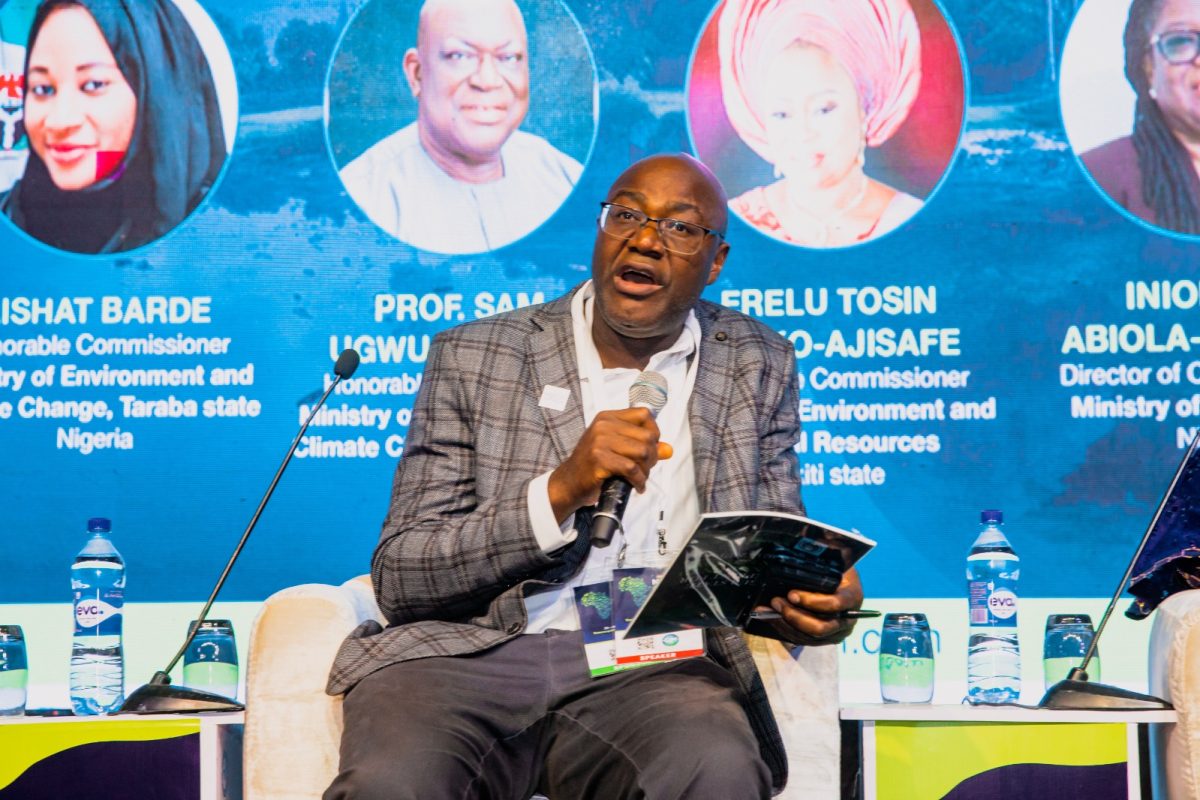At a time when climate action is beginning to gain momentum at the subnational level in Nigeria, Enugu State has embarked on an ambitious initiative that is laying the groundwork for substantial socioeconomic transformation to elevate its GDP from $4.4 billion in 2023 to $30 billion by 2031.
However, critical sectors such as agriculture, energy, and natural resources, which are essential for this economic advancement, are confronted with significant challenges exacerbated by climate change. It is imaginable that if these issues are not addressed promptly, they may hinder the state’s economic transformation objectives and worsen the vulnerabilities faced by marginalised communities and privileged groups.
In response to the pressing threats of climate change, the government has formulated the Enugu State Climate Change Policy and Action Plan (ESCPAP) to facilitate a sustainable green economic transformation that is scientific, and evidence based. This policy and action plan enhances the recently enacted Environmental and Climate Protection Law, along with various other climate initiatives in the state. In addition, a comprehensive framework that aligns economic aspirations with sustainable development principles was also integrated into the policy and action plan.
The Enugu State Climate Policy and Action Plan (ESCPAP) is a pioneering effort aimed at fostering sustainable economic growth while simultaneously addressing the challenges posed by climate change. These documents serve as a forward-thinking framework that seeks to harmonise economic development with environmental sustainability by 2060.
Grounded in scientific research, equity, and inclusivity, the Policy and Action Plan cater to the specific needs of Enugu’s economy and environment. Notably, it is the first subnational climate policy in Nigeria to incorporate long-term emissions modeling, microenergy audits, and extensive engagement with stakeholders.
Key advantages encompass: (i) integrating climate action within the economic development framework; (ii) promoting the creation of green jobs; (iii) improving climate resilience; (iv) aligning with and supporting national climate goals; (v) providing pathways for transitioning to green energy; (vi) establishing a systematic curriculum and manual for teaching climate change in the state’s premier Smart Green Schools; (vii) facilitating innovative green financing solutions; and (viii) reinforcing the institutional framework.
These initiatives align with the developmental agenda of the government currently in Enugu State, under the leadership of Barrister Peter Ndubuisi Mbah.
As a complimentary to the policy and action plan, the Climate Education Handbook, on the other hand, has been crafted by the Society for Planet and Prosperity in partnership with the University of Bristol, United Kingdom. This handbook is a collaborative effort involving Nigerian students and their teachers, and it has received validation from the Federal Ministry of Environment, the Enugu State Ministry of Education, the FCT Education Secretariat, the Department for Science, Technology and Innovation, as well as various climate NGOs and activists.
Designed as a thorough resource, the Climate Education Handbook aims to empower students, educators, and school clubs with the necessary knowledge and tools to address climate change effectively. It aligns with both global sustainability objectives and local educational priorities, preparing young individuals to emerge as climate advocates not only within their schools and communities but beyond the shorelines of Nigeria.
This significant launch event is scheduled to take place on Monday, March 17, 2025, at the Old Governor’s Lodge, located along Abakaliki Road, Enugu State.
Distinguished guests anticipated to attend include the Executive Governor of Enugu State, state government officials, representatives from the Federal Ministry of Environment and the National Council on Climate Change, development partners, donor agencies, climate finance institutions, teachers and students, private sector investors in renewable energy and green enterprises, civil society organisations, academic representatives, local community leaders, and members of the media.
By Elochukwu Anieze, Senior Policy Analyst at Society for Planet and Prosperity





